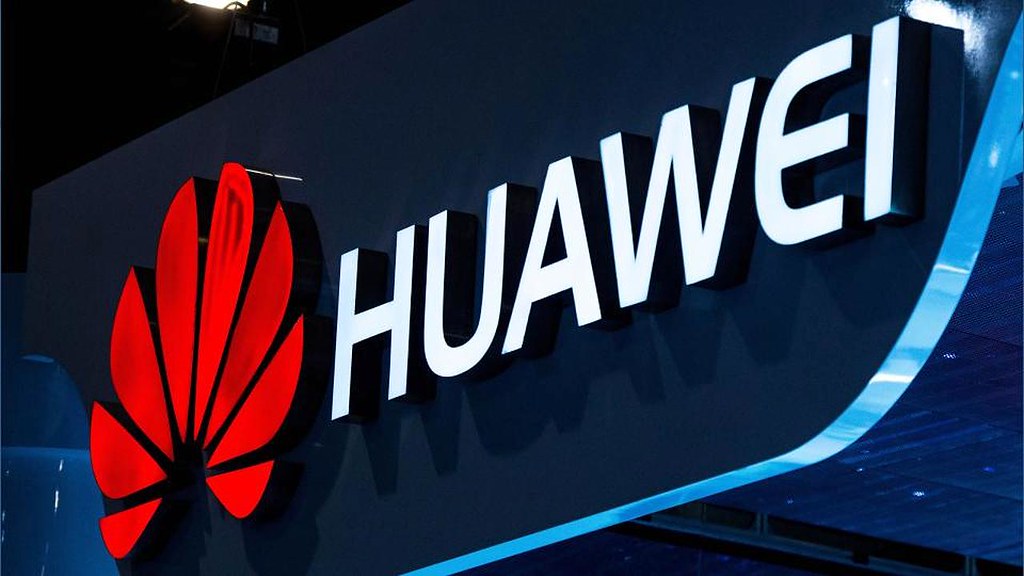
Taiwan has placed China’s major chipmakers Huawei and SMIC on its trade blacklist, signaling a significant move to align more closely with U.S. trade restrictions amid escalating tensions with Beijing. The two Chinese firms, along with many of their subsidiaries worldwide, have been added to Taiwan’s “Strategic High-Tech Commodities Entity List.”
Under Taiwan’s regulations, domestic companies must secure licenses before shipping products to entities on this blacklist. The International Trade Administration stated that Huawei and SMIC are among 601 foreign entities blacklisted due to concerns over arms proliferation and national security threats.
Huawei and SMIC have long been on the U.S. trade blacklist, subject to Washington’s extensive controls on advanced semiconductor technology. Taiwanese contract chipmaker TSMC already adheres to these U.S. export restrictions. The recent Taiwanese move is widely seen as a reinforcement of existing policies and a tightening of loopholes.
Past Controversies and Export Violations
TSMC faced scrutiny in October last year when a Huawei AI training card was found to contain a chip manufactured by TSMC, violating export restrictions. Following this, the U.S. Commerce Department ordered TSMC to suspend supplying certain Chinese clients. Reports suggest TSMC may face a penalty of up to $1 billion related to this investigation.
Huawei has sought to develop alternatives to Nvidia GPUs for AI applications, but progress has been hampered by export controls and limitations in the domestic Chinese chip ecosystem. However, experts say Huawei previously acquired millions of GPU dies from TSMC by exploiting earlier loopholes.
Semiconductor analyst Brady Wang noted that while the new export restrictions may not drastically impact TSMC’s business, the symbolic significance is high. The Taiwanese government’s actions emphasize its intent to closely follow U.S.-led international efforts to limit advanced technology transfers.
Smaller Taiwanese companies linked indirectly to Huawei or SMIC might face heightened scrutiny and compliance demands in the near future.
These export restrictions come at a time of intense geopolitical tension. China regards Taiwan as its territory and has not ruled out the use of force to achieve reunification. Recent military exercises by China near Taiwan’s coast and reaffirmations of U.S. support for the status quo have kept the region on edge.
Author’s Opinion
Taiwan’s move to blacklist Huawei and SMIC is a clear sign of the island’s strategic alignment with the United States amid growing geopolitical pressures. While it may tighten the grip on technology transfers, it also risks escalating tensions with Beijing and disrupting supply chains critical to the global semiconductor industry. Balancing national security with economic stability will be a delicate act for Taiwan, highlighting the complex dynamics at play in the region’s tech and diplomatic landscape.
Featured image credit: VistaCraft via Flickr
For more stories like it, click the +Follow button at the top of this page to follow us.
